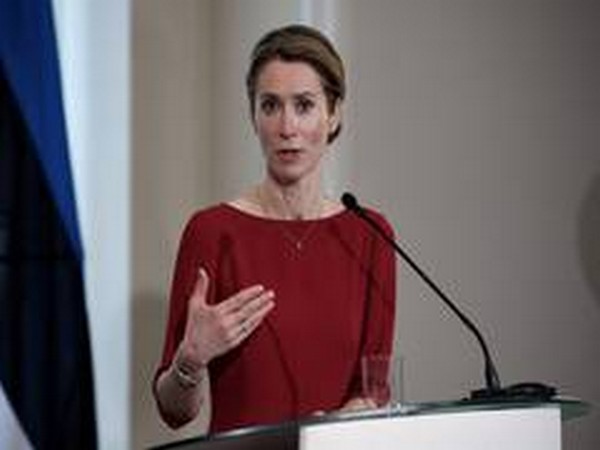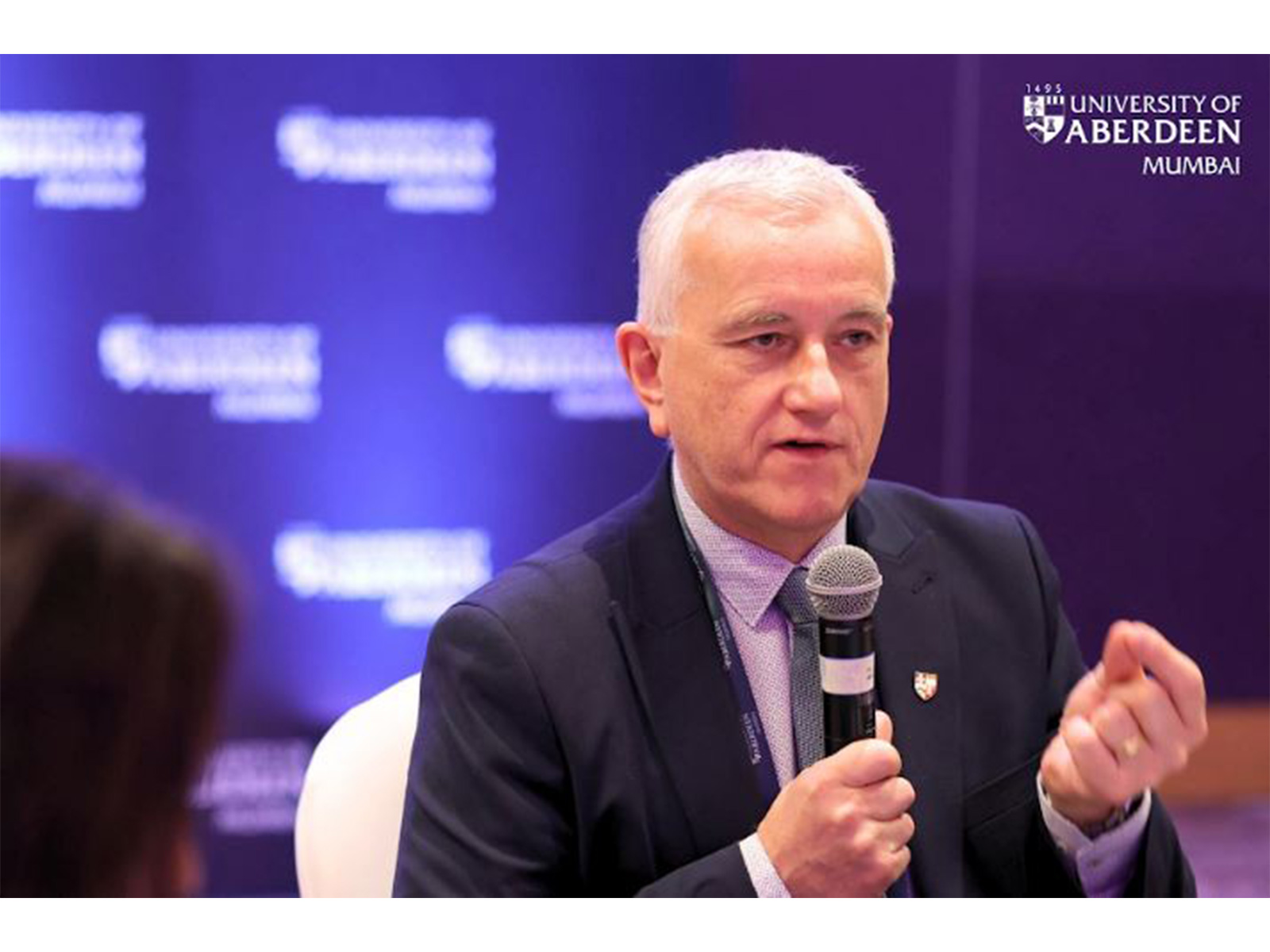Estonia's Kallas in first place in parliamentary election
Mar 06, 2023
Tallinn [Estonia], March 6: The Reform party of Estonian Prime Minister KajaKallas secured first place in Sunday's parliamentary election, a result that should ensure Tallinn remains one of Europe's most staunchly pro-Kyiv governments.
Results with 98% ballots counted showed the far-right EKRE party in second place, with 16.1% versus 31.5% for Kallas' liberal group, reflecting concerns among some voters over the rising cost of living in the wake of Russia's Ukraine war.
If Kallas, 45, succeeds in crafting a functioning coalition, it would cement the Baltic nation's pro-European direction.
Estonia, a western neighbour of Russia with a population of 1.3 million, would also stay on course to adopt more green energy and continue to accept refugees from Ukraine.
Kallas said the election left her party in a strong position to form a coalition government that would keep up calling for pressure on Russia.
"We . have to invest in our security, our aggressive neighbour has not vanished and will not vanish, so we have to work with that", she told reporters at a central Tallin hotel where party supporters gathered for the evening.
Reform won an election in 2019 but was then kept from power as three smaller parties formed a government. It collapsed in 2021, allowing Kallas to create a coalition and take charge.
Throughout the campaign, EKRE have promised to slash energy bills by opposing the transition to green energy and to stop accepting new Ukrainian war refugees.
The party also criticised the extent of Kallas' policy of sending weapons to Ukraine, saying it did not take into account the country's own defence needs.
Turnout was 63.7%, in line with the previous election, and with 51% of votes cast by internet, including Kallas.
Source: Fijian Broadcasting Cooperation








